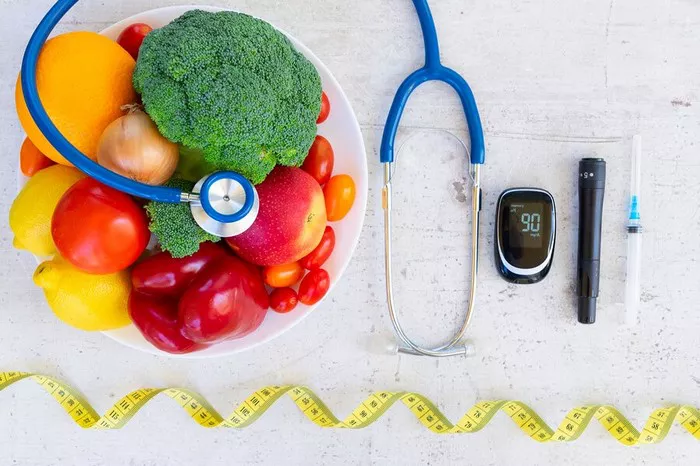New data has raised significant concerns about the health risks faced by pregnant women incarcerated in England’s prisons, revealing that they are three times more likely to develop gestational diabetes compared to those outside.
Figures obtained through Freedom of Information (FoI) requests to NHS trusts providing healthcare in women’s prisons show that 12% of pregnant women in prison were diagnosed with gestational diabetes in 2023, starkly higher than the national average of 4%. Gestational diabetes, a condition where the body is unable to produce enough insulin during pregnancy, increases the likelihood of complications such as preterm birth, high blood pressure, and even stillbirth.
Laura Abbott, an associate professor of midwifery at Hertfordshire University, described the findings as “alarming but not surprising.” She explained that pregnant prisoners are already at heightened risk for various health complications, including preterm birth, and gestational diabetes further exacerbates these issues. “Such conditions require careful monitoring and management, which is incredibly challenging in a prison environment,” Abbott stated. “Incarcerated women face extreme health risks, including an increased chance of stillbirth.”
Between April 2023 and March 2024, 215 pregnant women were incarcerated in England, with 52 giving birth during that period. A staggering 98% of these births occurred in hospitals. Additionally, previous FoI data highlights that pregnant prisoners are seven times more likely to experience stillbirth and twice as likely to go into premature labor.
A tragic example occurred in 2019 when Aisha Cleary, born at HMP Bronzefield, died after her mother, incarcerated on remand, was left to give birth alone in her cell. Similarly, Louise Powell, who gave birth to a stillborn baby in a prison toilet in 2020, shared her devastating experience with the Guardian, stating, “No woman should have to give birth behind bars.”
Amelia, a former inmate, spoke about her own experience of pregnancy in prison. Diagnosed with gestational diabetes at 16 weeks pregnant, she recalled how the prison failed to provide essential medical support, including a prescribed diet plan and supplements. “I was given moldy fruit, and when I complained, I was told that fruit was a privilege,” she recalled. Despite missing essential medical appointments and developing high blood pressure and sciatica, she feared for her pregnancy, especially after a previous miscarriage. Amelia went into premature labor shortly after her sentence was overturned, and she attributes this to the stressful and unhealthy conditions in prison. “Prison is so unhealthy, not just for mothers, but for their babies too,” she said. “The trauma from being pregnant in prison will stay with me forever.”
Calls are growing to end the imprisonment of pregnant women, with some advocating for alternatives such as community sentencing. Last year, the Sentencing Council began considering pregnancy as a mitigating factor in sentencing, and the government has recently created the Women’s Justice Board to address the issues facing incarcerated women. Clare Livingstone, a professional policy adviser at the Royal College of Midwives, stressed that “prison is no place for pregnant women.” She called for radical reform to align the justice system with the best interests of both mothers and their children.
Internationally, countries like Costa Rica and Brazil have enacted laws prohibiting the imprisonment of pregnant women. Janey Starling, co-director of the feminist group Level Up, echoed this sentiment, urging the UK government to adopt policies that prioritize the well-being of mothers and babies by ending the incarceration of pregnant women.
In response, a government spokesperson expressed concern over the situation, highlighting ongoing efforts to reduce the number of pregnant women in prison. “We have specialist midwives and pregnancy liaison officers in every women’s prison, and all pregnancies are now classified as clinically high risk,” the spokesperson said.
Related topics:
Dark Chocolate Linked to Reduced Diabetes Risk, Study Finds
Study Explores At-Home Type 1 Diabetes Test for Children
Study Shows Cutting Calories Helps Pregnant Women with Diabetes Avoid Insulin


























